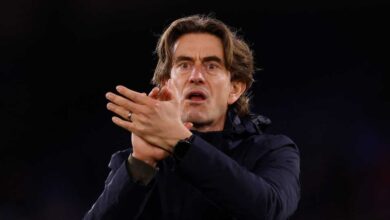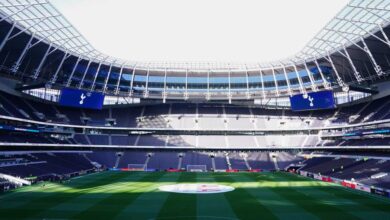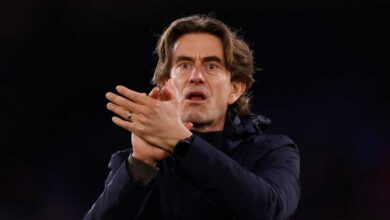Deleted Tottenham Tweet Highlights the Flaws in Daniel Levy’s £3.75bn Vision
While Daniel Levy is Technically a Minority Investor in Tottenham, His Influence Shapes Every Strategic Decision in N17.
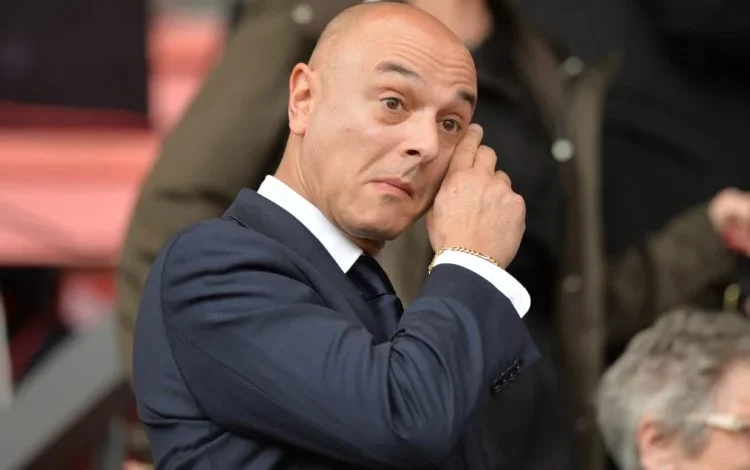
Through ENIC Sports, Daniel Levy and the family trust of former Spurs owner Joe Lewis hold just under 87% of Tottenham Hotspur.
This ownership is divided approximately 70-30 between the Lewis trust and Levy.
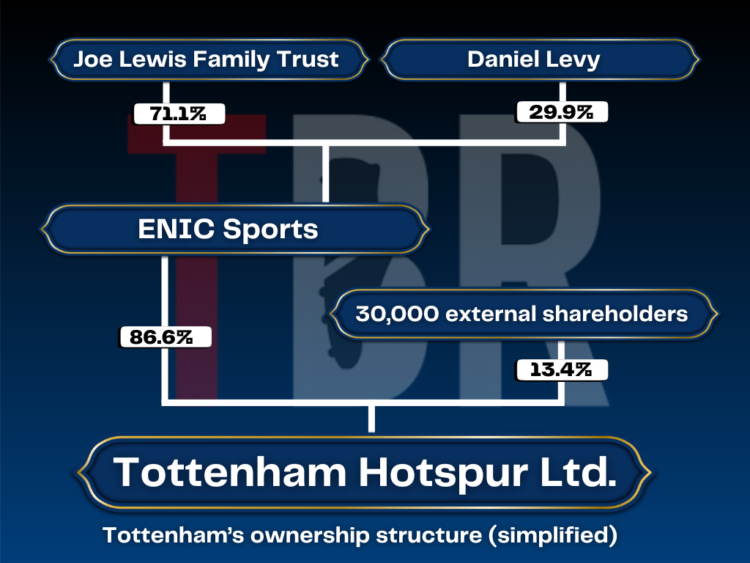
Currently, Tottenham is exploring opportunities for minority investment via the Rothschild bank.
If successful, one or both parties could see a substantial financial gain.
Amanda Staveley, a former director and shareholder of Newcastle United, has reportedly expressed interest in such a deal.
Notably, the decision to seek minority investment rather than a full sale suggests Levy and ENIC believe there is significant potential for further growth in the club’s value.
This belief is striking, given that Levy estimates Spurs’ worth at around £3.75 billion.
If that valuation were achieved, it would represent a remarkable 4000% increase from the £94 million originally paid for the club.
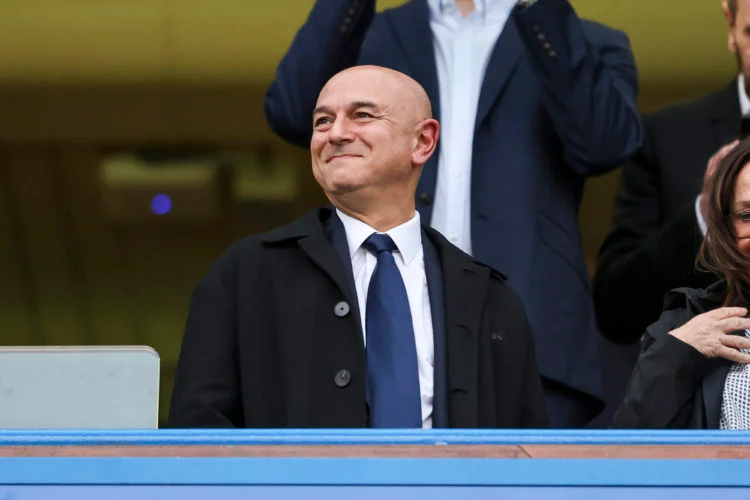
Football finance expert Kieran Maguire has suggested that this valuation offers solid potential for any investor.
Tottenham’s revenue continues to grow year-on-year, and the club’s cost control, particularly in wages and transfers, is among the most efficient in the Premier League.
However, this financial prudence has often left fans frustrated, as they feel the focus on commercial growth has come at the expense of on-field success.
This tension between financial strategy and fan expectations has become a defining issue for Spurs under their current leadership.
A recent incident underscores this divide.
The club caused a stir on social media when it unveiled a refreshed logo as part of a new “brand identity.”
The redesigned badge, which featured minimal changes beyond the removal of text below the iconic cockerel, faced immediate backlash.
The timing of the announcement was particularly contentious.
It followed back-to-back defeats to Ipswich Town and Galatasaray, which saw Spurs slipping behind in the race for Champions League qualification.
Fans interpreted the rebranding effort as further evidence of the club prioritizing commercial appeal over footballing results.
The backlash prompted Spurs to delete the original post announcing the logo change on their official X (formerly Twitter) account.
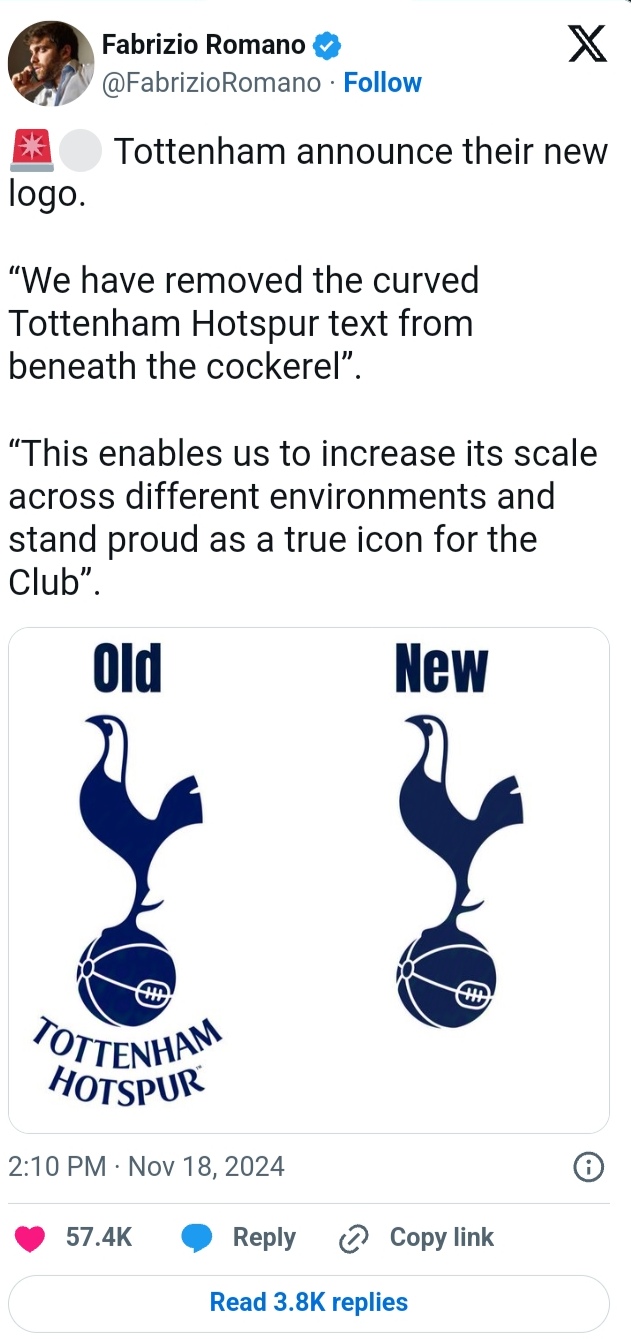
However, the subsequent posts showcasing other elements of the new brand identity, including a revamped club font and the revival of a monogram, remain live.
For many supporters, this episode epitomizes the growing disconnect between the board and the fanbase.
The simplified logo is seen as part of an effort to position Spurs as a “lifestyle brand,” focused on selling products and services beyond football.
While Levy views this strategy as key to unlocking untapped value for potential investors, fans worry that such a corporate direction risks undermining the club’s sporting ambitions.
Ultimately, the clash between commercial priorities and footballing expectations reflects a broader challenge facing Tottenham.
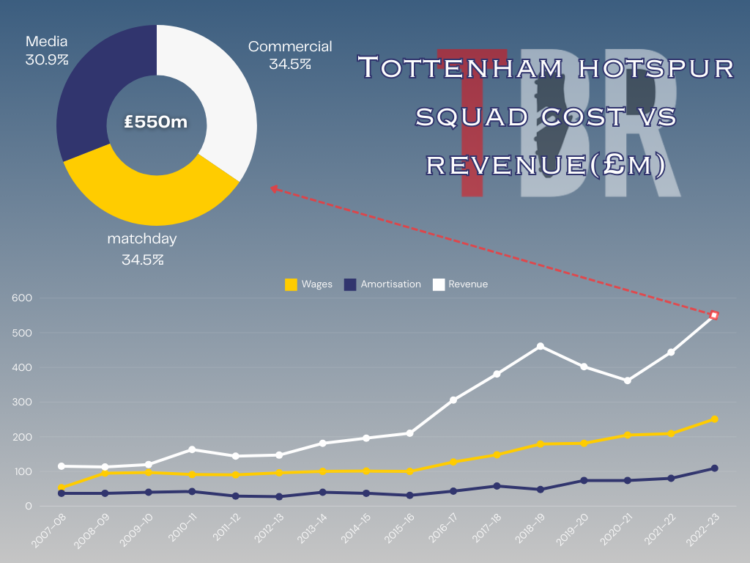
As the club navigates its future under Levy and ENIC, balancing growth with on-field success will be crucial to maintaining the trust and support of its passionate fanbase.
